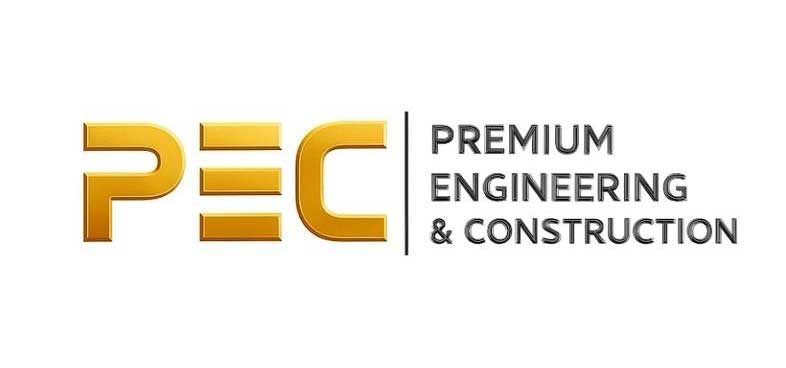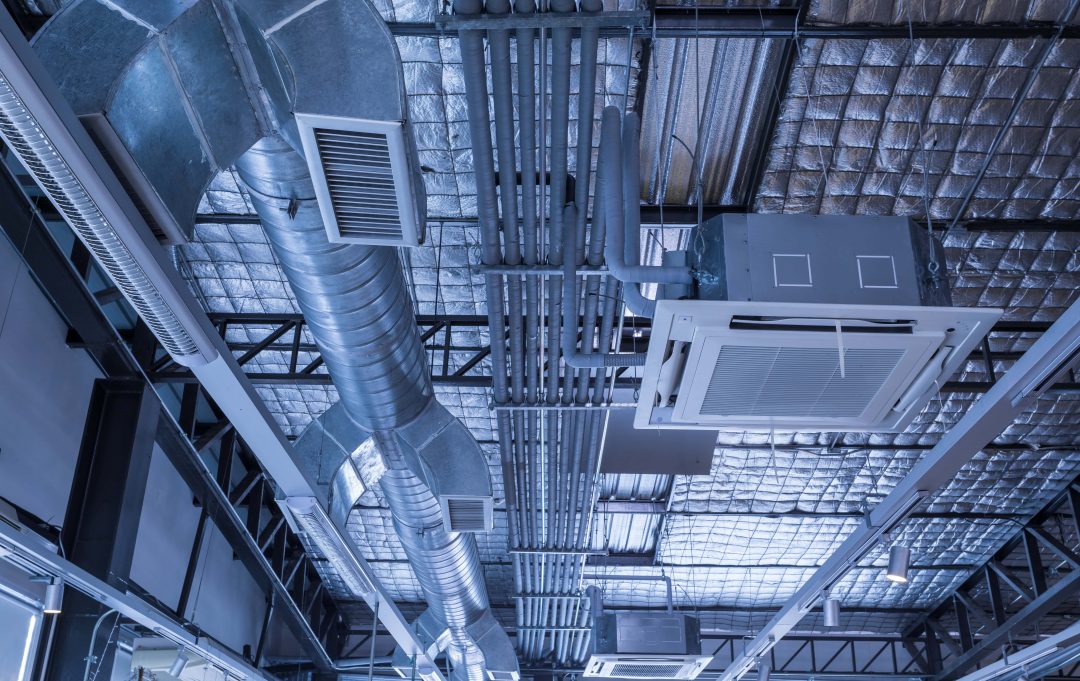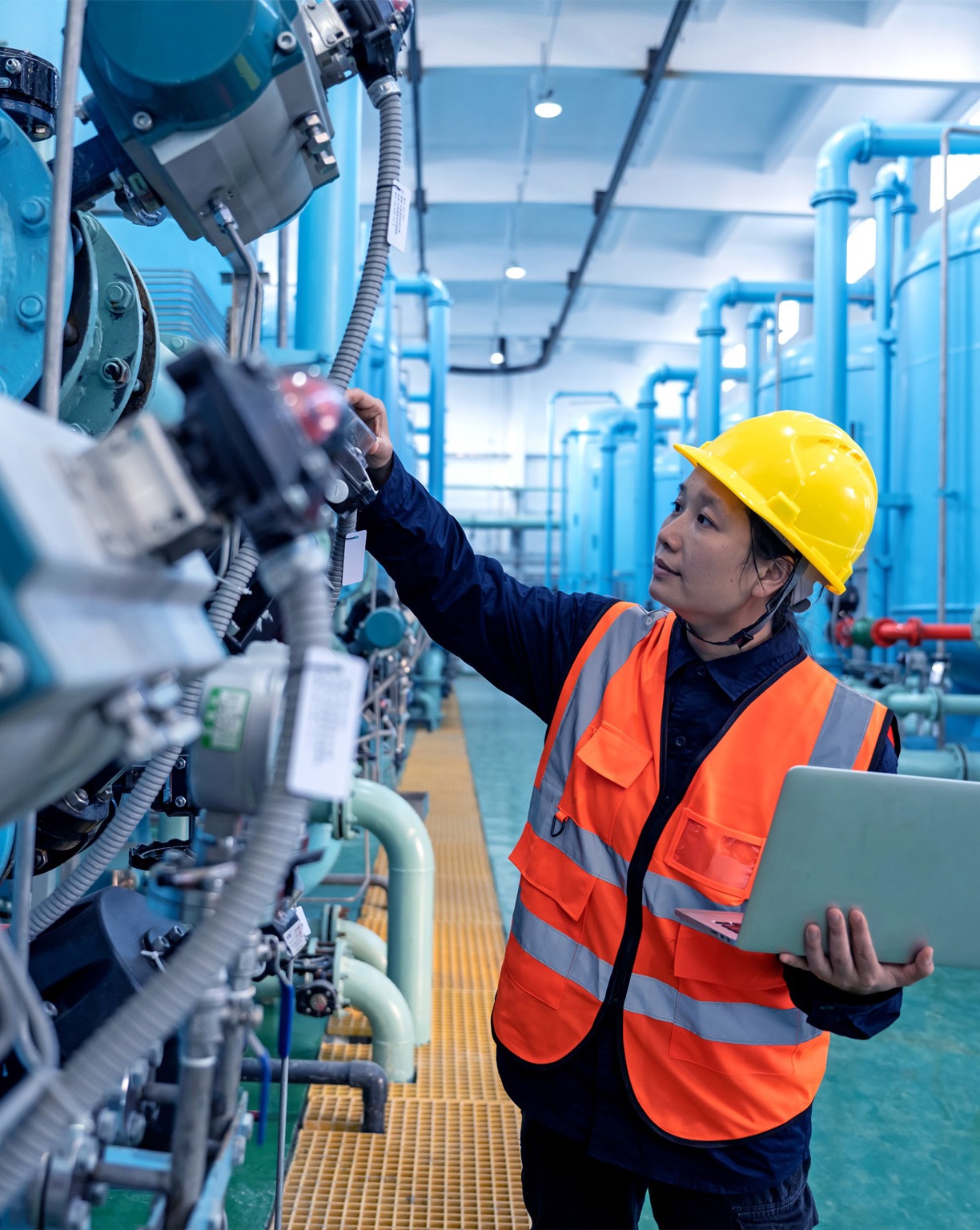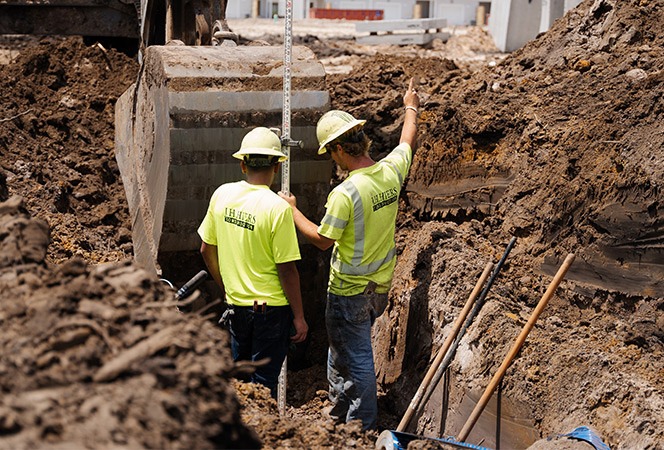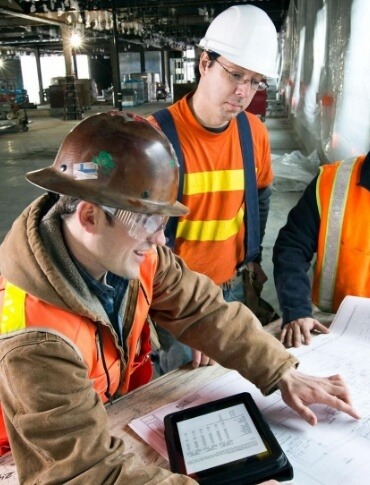Boilers, pumps, piping networks, heat exchangers, and related components are critical to the operation of industrial and commercial systems.
Boilers: These units generate steam or hot water for heating, power generation, and various industrial processes.
Pumps: Pumps are used to move liquids through piping networks, ensuring consistent flow and pressure in heating, cooling, and process systems.
Piping Networks: These networks transport fluids, such as water, steam, or chemicals, throughout a facility, connecting all components in a system.
Heat Exchangers: These devices transfer heat between fluids without mixing them, crucial for temperature regulation in various processes.
Valves: Valves control the flow and pressure of fluids within a system, ensuring safe and efficient operation.
Transmitters: These instruments monitor and transmit data on variables like pressure, temperature, and flow, enabling precise control of system operations.
Vessels and Tanks: These containers store fluids or gases, often under pressure, playing a vital role in process systems.
These components work together to ensure efficient, safe, and reliable operation in a wide range of industrial and commercial applications.
